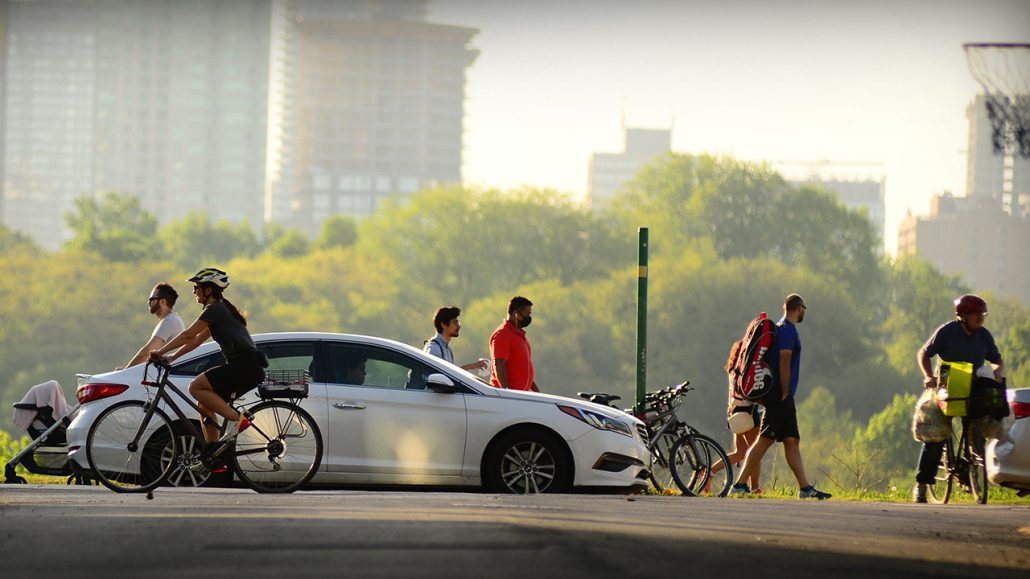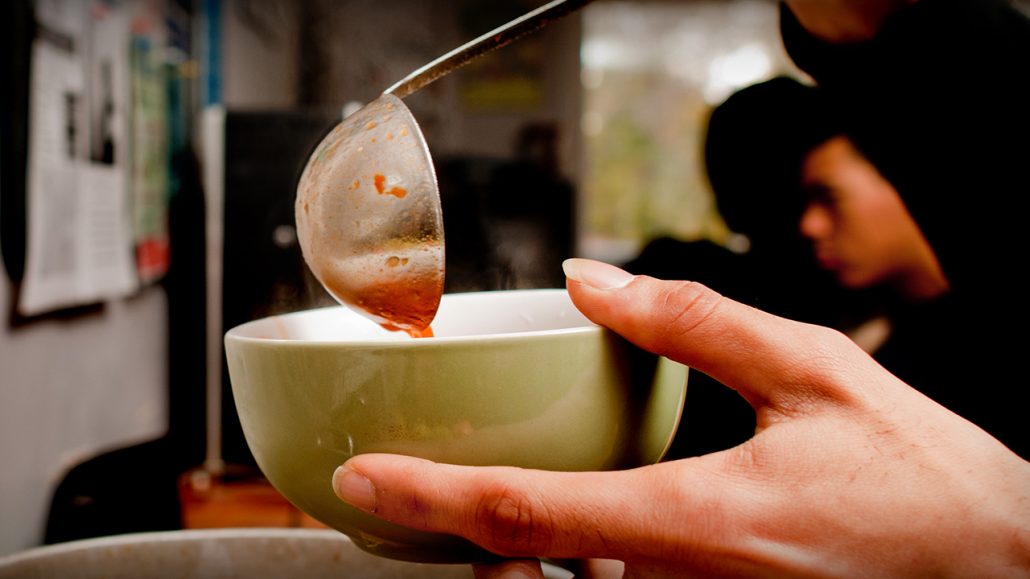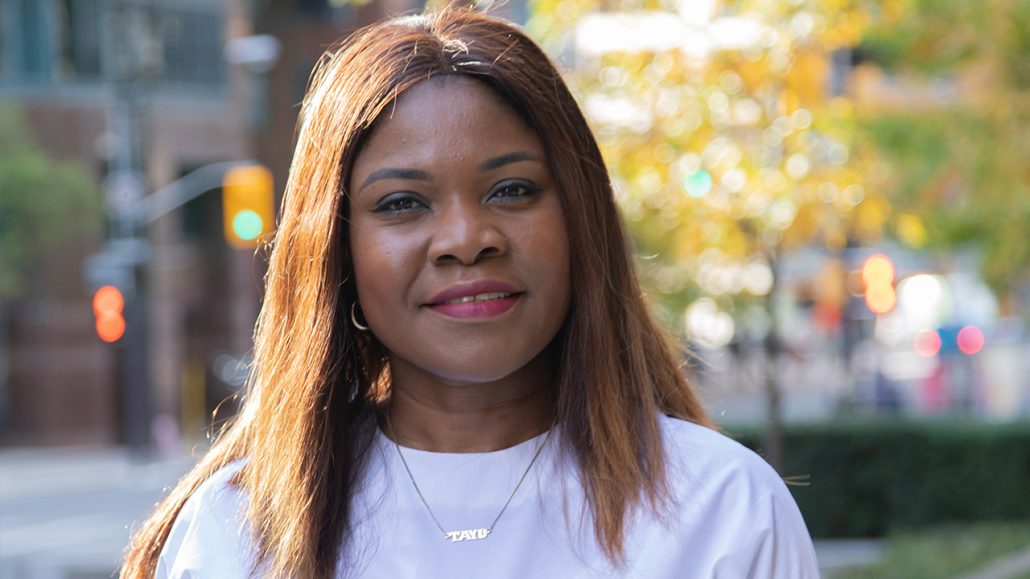
We’re hosting a debate with Toronto mayoral candidates on the critical social and economic issues Torontonians are facing
Dear Friend,
Poverty. Unaffordable housing. Lack of access to social services. Just a few of the big, complex challenges facing our neighbours today. How do we overcome them? By using every tool we have at our disposal—funding a network of frontline agencies, conducting research to focus efforts on the best practices and opportunities, and mobilizing community leaders, businesses, and government to create practical long-term solutions.
Few people have greater impact on the long-term policies affecting our communities than our councillors and mayors. So today I’m thrilled to share that on May 31, United Way Greater Toronto, in partnership with The Toronto Star and Toronto Metropolitan University, will host mayoral candidates for a debate on the critical social and economic challenges facing our city. To ensure diverse voices are heard, we will be engaging community to inform the questions posed to candidates. This debate will provide Torontonians with a vital opportunity to hear from candidates about how we can build vibrant and inclusive communities where everyone has an affordable place to live, a good job, access to services, and a voice in shaping the city.
Alongside our elected leaders, we need to drive solutions to poverty and inequity, now, as our region grows and becomes less livable for so many. And we need to work on all fronts at once—meeting urgent food, housing, mental health, safety, and settlement concerns today, while doing all we can to change the systems and policies that leave so many left behind.
I hope you’ll tune in to this important debate. We’ll share updates on the event and engagement opportunities in the coming weeks. In the meantime, thank you for joining us as we push for change across Peel, Toronto and York Region. Together we will bring a future without poverty into focus.
Always, and only, thank you.
Daniele Zanotti
President & CEO
United Way Greater Toronto
Things to Know Right Now

Increase in Shelter Use
The demand for affordable housing in Peel Region is skyrocketing, with shelter use up over 25 per cent in 2021, 50 per cent of supportive housing demand going unmet, and an estimated 91,000 households facing core housing need. We’ve written previously about how we can create more deeply affordable housing while addressing the root causes of homelessness. We’re proud to be working on this issue using all the tools available—research to ID the best practices and opportunities; advocacy and partnership on initiatives like The Peel Alliance to End Homelessness to create system-level solutions; and funding agencies like The Centre for Equality Rights in Accommodation, which educates tenants from equity-deserving groups on their rights, and Embrave, which helps women experiencing violence to transition from shelter to community.
International Day for the Elimination of Racial Discrimination
The International Day for the Elimination of Racial Discrimination is a good opportunity to review how systemic racism and discrimination are among the root causes of poverty. We cannot address one without the other:
- 21 per cent of racialized people in Ontario live in poverty vs. 12 per cent of non-racialized people
- 18 per cent of racialized households and 20 per cent of Indigenous households face core housing need vs. nine per cent of non-racialized households
- 31 per cent of racialized households faced economic hardship in Canada since COVID-19 hit, vs. 16 per cent of white households
We’re working to change these figures with an equity-led approach to our work, investing in programs and services that better serve equity-deserving communities, conducting research to identify disparities, and advocating to bridge gaps in policies and create anti-racist frameworks. If you want to take action, Migrant Rights Network and United Way-funded Migrant Workers Alliance for Change are hosting a march to unite against racism and demand equal rights for all on March 19 at Christie Pits Park.
Food Bank Usage
With the cost of living rising, the percentage of food bank users who are employed has doubled. “Initially, I thought I would be helping the most marginalized in our city—unemployed, under housed people, and perhaps those experiencing severe health issues, or problems with addiction. In reality, I am serving working-class folks who are struggling to make ends meet,” writes Helena Pamic, staffer at United Way-funded The Stop Community Food Centre. If working class residents need to rely on food banks just to survive, it paints a dire picture for residents on even lower incomes. United Way is helping to address food insecurity by investing in programs that connect people to healthy, culturally appropriate food and community gardens, while advocating for decent work and liveable wages to promote long-term income security.
Update from the Frontlines

Inclusive Employment
Newcomer women can face significant barriers when looking for work in Canada, including lack of familiarity with Canadian workplace culture, language proficiency and credential recognition, in addition to childcare, eldercare and home responsibilities. Tayo Badejo came to Canada from Nigeria as a highly trained accountant, but her confidence plummeted when she struggled to find a position in her line of work. She took an enhanced job program with United Way-funded Achēv and landed a job that uses her experience and skills. Achēv is one of the many agencies we fund that provide critical employment and wraparound supports for newcomers.
Mental Health
New research shows that culturally adapted Cognitive Behavioral Therapy (CBT) is a more effective treatment than traditional therapy for people of South Asian origin who are experiencing depression and anxiety. While South Asian Canadians have a higher rate of anxiety and mood disorders than the general population, they are 85 per cent less likely to seek treatment. The Centre for Addiction and Mental Health worked closely with partners, including United Way-funded Punjabi Community Health Services, to better approach mental health within South Asian communities. At United Way, we have long known how important it is to provide culturally relevant mental health supports, like Social Services Network for the York Region’s Reducing Isolation and Social Exclusion program for South Asian residents, Hong Fook Mental Health Association’s counselling for Asian youth, and The 519’s Trans People of Colour Program. We fund these culturally responsive mental health programs across the GTA because they work, and because one size does not fit all.
You Might Also Like
- United Way-funded Barbra Schlifer Commemorative Clinic is hosting a discussion on the role of technology in achieving gender justice with several panellists, including our own Vice-President of Community Investment, Ruth Crammond, on March 22
- Government housing programs benefit the middle class, not the most in need
- York University and Canadian Black Chamber of Commerce partner to create positive change for Black-owned businesses and social enterprises
- Is this the future of queer elder care?